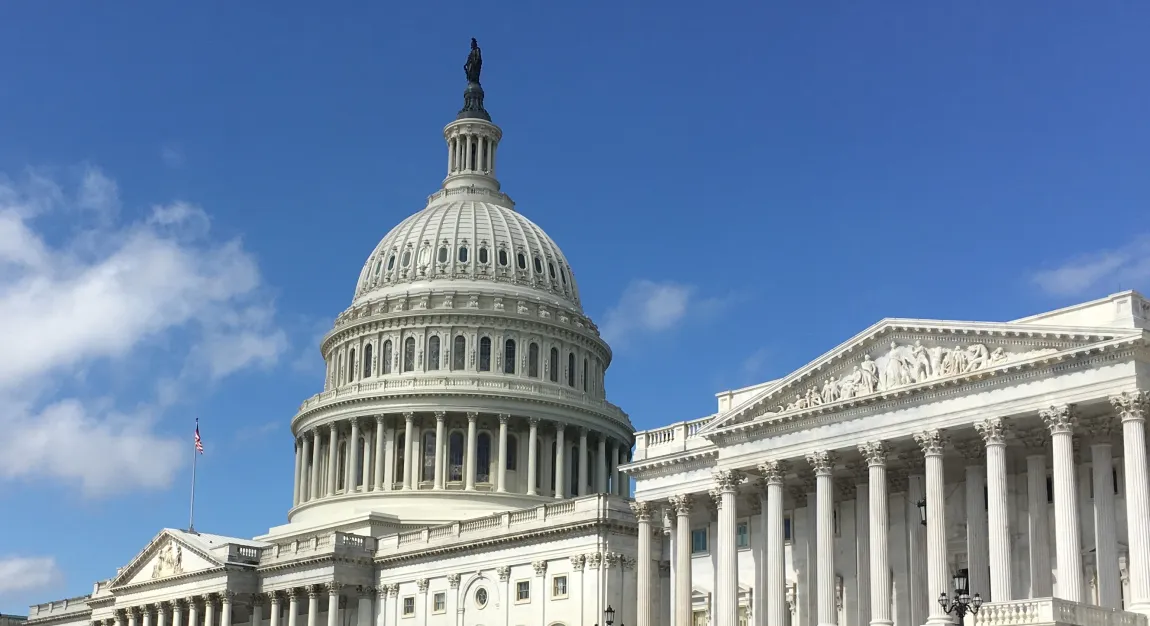Each year STS physician leaders recommend health policy priorities for the year ahead. This agenda represents key issues that STS volunteers and staff will focus on in 2024. STS will also continue to advocate many other issues of importance to the specialty as opportunities present themselves.
Ensuring the Long-term Viability of Physician Practices
- Urge Reforms for Medicare Payments: Urge Congress and CMS to make significant reforms to promote predictable and sustainable reimbursement that includes budget neutrality reform and an annual inflation-based adjustment.
- Ensure Coverage and Reimbursement: Work with Medicare, private payers, and others to ensure that cardiothoracic procedures are covered and reimbursed appropriately.
- Make Telehealth Permanent: Collaborate with stakeholders to retain flexibilities beyond 2024.
- Reduce Administrative Burdens: Reform prior authorization requirements that impede access to care.
- Advocate for Effective Medicare Payment Models: Ensure cardiothoracic surgeons can participate in value-based payment models that appropriately measure quality and performance.
Protect the Surgeon's Role on the Heart Team
- Foster Collaboration: Ensure that Medicare coverage requires a cardiothoracic surgeon’s involvement on the heart team for patient selection and procedures.
Address the Growing Workforce Shortage
- Invest in Training Cardiothoracic Surgeons: Support raising the cap on Medicare-supported residency positions and providing deferred loan repayment for surgeons in training.
- End Physician Non-Compete Agreements: Advocate for ending non-compete agreements that create artificial barriers for employed physicians.
- Diversify the Workforce: Invest in programs designed to support under-represented populations to build and diversify the physician and cardiothoracic workforce.
- Improve Physician Wellness: Promote programs that foster resiliency and reduce burnout.
Maximize Effectiveness of the STS National Database
- Secure Clinician-led Registry Access to Claims Data: Gain long-term access to Medicare data to better assess quality and efficiency and ensure patient access to emerging technologies.
- Utilize Access to Mortality and Claims Data: Investigate and address disparities in access and clinical outcomes amongst disparate underserved populations.
Enhance Patient Access to Lung Cancer Screenings and Treatment
- Maintain Preventative Coverage: Ensure coverage of lung cancer screening based on the best evidence available without administrative hurdles like prior authorization and no cost-sharing for patients.
- Support Innovative Treatments for Lung Cancer: Remove barriers for patient access to the best possible care, such as limited coverage of molecular testing.
- Increase Investments in Rural and Underserved Communities: Promote federal funding for lung cancer screening infrastructure that target high-risk communities, such as mobile lung cancer screening units.
Reduce Barriers to Congenital and Pediatric Care
- Streamline Access to Out-of-State Specialized Care: Promote expedited patient access to highly specialized care across state lines for Medicaid beneficiaries.
- Support Training and Growth of Pediatric Specialists: Increase opportunities for pediatric subspecialists in cardiothoracic surgery and secure funding for training.
Find additional information and resources on many of these priorities.
End of the Year Priorities
